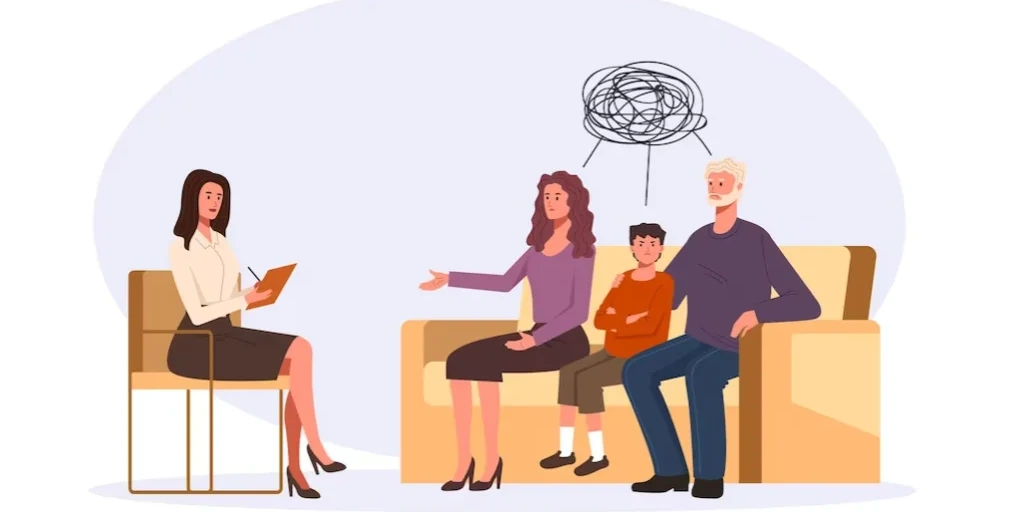24/7 Helpline:
(866) 899-221924/7 Helpline:
(866) 899-2219
Learn more about Medication-assisted Treatment centers in Orange County

Other Insurance Options

Access to Recovery (ATR) Voucher

Sutter

Multiplan

Ambetter

Providence

Regence

State Farm

PHCS Network

BHS | Behavioral Health Systems

Lucent

Optima

BlueShield

Aetna

Carleon
Beacon

Cigna

Meritain

Premera

MVP Healthcare

Health Choice

Total Freedom Program
Total Freedom Program is a private rehab located in Ocoee, Florida. Total Freedom Program specialize...

La Amistad Youth Behavioral Health Services
La Amistad Youth Behavioral Health Services is a private rehab located in Maitland, Florida. La Amis...

LA Amistad Behavioral Health Services
LA Amistad Behavioral Health, located in Maitland, Florida, provides alcohol and drug rehab services...

LifeStream Behavioral Center – Anthony House
LifeStream Behavioral Center - Anthony House is a residential facility serving intact families, sing...

Next Step Village – Orlando
Next Step Village - Orlando is located in Maitland, Florida. Next Step Village - Orlando is a center...

Discovery Mood & Anxiety Program – Maitland
Discovery Mood & Anxiety Program – Maitland is a private rehab located in Maitland, Florida. Discove...

Center for Discovery Maitland
Center for Discovery Maitland is a private rehab located in Maitland, Florida. Center for Discovery ...






































































Next Step Village – Maitland
Next Step Village is a private organization located at Maitland, Florida. Next Step Village provides...

ACT Center
ACT Center provides an outpatient substance abuse evaluation and treatment. ACT Center utilizes a ba...

ADAPT Behavioral Services
ADAPT Behavioral Services is a private rehab located in Maitland, Florida. ADAPT Behavioral Services...

Orlando Behavioral Health
Orlando Behavioral Health is a private rehab located in Maitland, Florida. Orlando Behavioral Health...

STEPS
STEPS is a private nonprofit, community based organization that offers comprehensive substance use t...

WhiteSands Treatment – Winter Garden
WhiteSands Treatment – Winter Garden is a private rehab located in Winter Garden, Florida. WhiteSand...





















































































































































